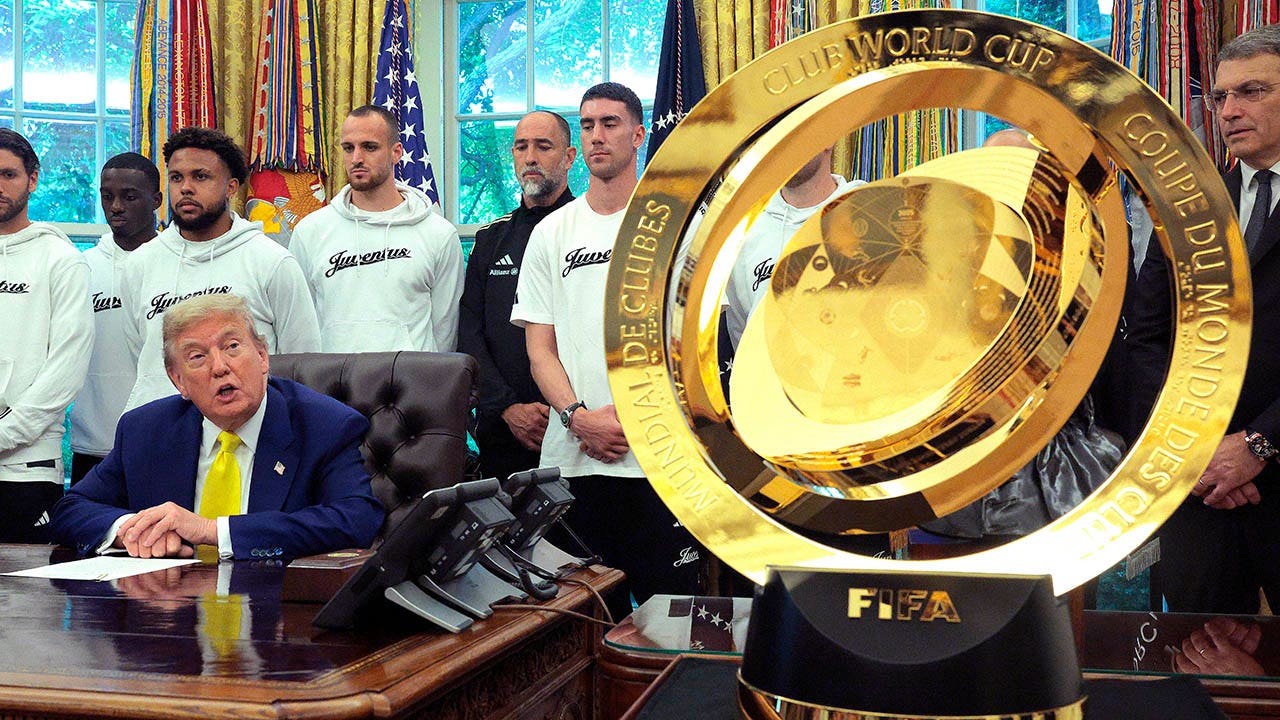FIFA World Cup: Hosting 7 games in Vancouver could cost $581M, officials say

Hosting seven games in Vancouver during the 2026 FIFA World Cup could cost more than half a billion dollars, according to an updated estimate provided Tuesday.
The “core cost” of hosting is now pegged at between $483 million and $581 million – approximately double the original range provided when Vancouver was named a host city two years ago.
Inflationary pressures and updated FIFA hosting requirements contributed to the increased costs, B.C.’s Ministry of Tourism, Arts, Culture and Sport said.
Officials also originally anticipated hosting five games in Vancouver, not seven.
The government is expecting to offset much of the expenses with $116 million in federal funding, increased tax revenue over several years, and other sources, putting the net cost at between $100 million and $145 million, according to the latest estimate.
“These seven matches are expected to attract more than 350,000 soccer fans,” Tourism Minister Lana Popham said Tuesday. “These fans are going to be eating, they’re going to be staying, and they’re going to be exploring British Columbia – before, during and after this tournament.”
The ministry is also anticipating more than a billion additional visitors to arrive over a five-year period following the World Cup.
Not everyone is convinced the expected benefits will materialize – including Moshe Lander, a sports economist with Concordia University, who described the event as a “very expensive two-week party.”
“It doesn’t justify the economic benefits,” Lander said. “Vancouver is a global city. It’s beautiful, it attracts tourists, it’s always full – it can’t be more full by hosting a few World Cup games.”
It’s common for governments to massively overstate benefits and underestimate costs when contemplating these kinds of hosting duties, the economist said – but ultimately, whether the World Cup is worth the price is up to taxpayers.
“This is no different than saying you want to use your public funds to build a new park or a new arena,” Lander said. “That’s what taxpayers are asked: How do you want to use your tax money?”
Approximately half of the estimated costs are falling on the City of Vancouver, which is currently expected to contribute at least $246 million.
Mayor Ken Sim – a soccer fan who flew to Qatar for the 2022 World Cup – described the event as a “massive opportunity” to “highlight the best city on the planet,” which will contribute to Vancouver’s reputation as a major tourism and events destination for decades to come.
“We couldn’t be more excited,” Sim said. “I think it’s going to be great for the city, the province and the country.”
The provincial government is contributing between $237 million and $305 million, the majority of which will come from the Crown BC Pavilion Corporation that owns and operates BC Place.
The venue will be required to undergo several upgrades, including to the dressing rooms, broadcast facilities and premium hosting spaces.
Much of the revenue offsetting the costs comes from B.C.’s Major Events Municipal and Regional District Tax of 2.5 per cent on traveller accommodations, which came into effect in February 2023 and is expected to bring in $230 million over seven years.
Officials acknowledged there are factors beyond their control that will impact the amount of money generated through the World Cup – including which teams ultimately are scheduled to play in Vancouver, and whether FIFA makes further demands when it comes to venue requirements.
With files from CTV News Vancouver’s Penny Daflos




